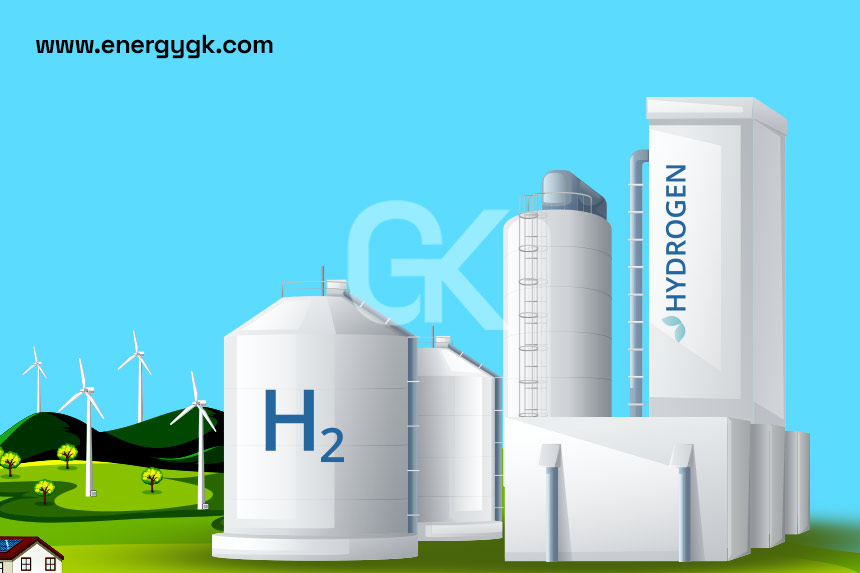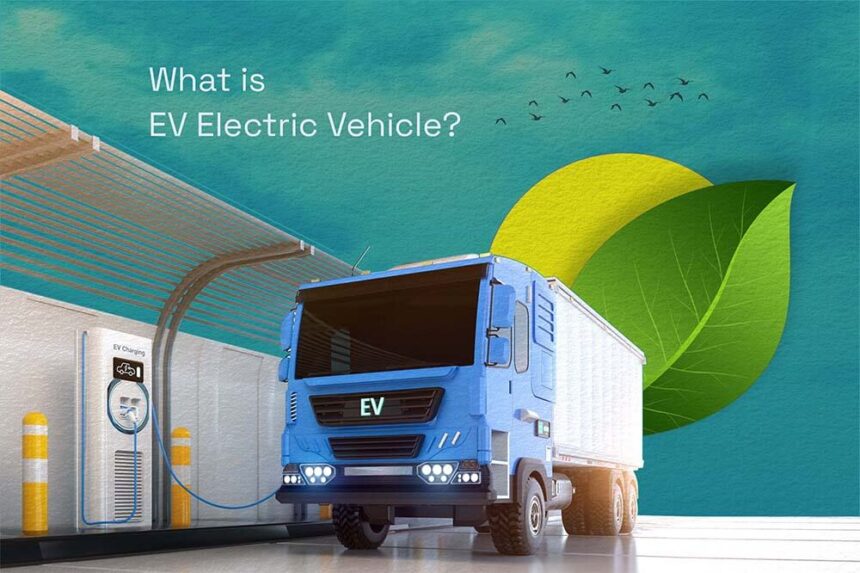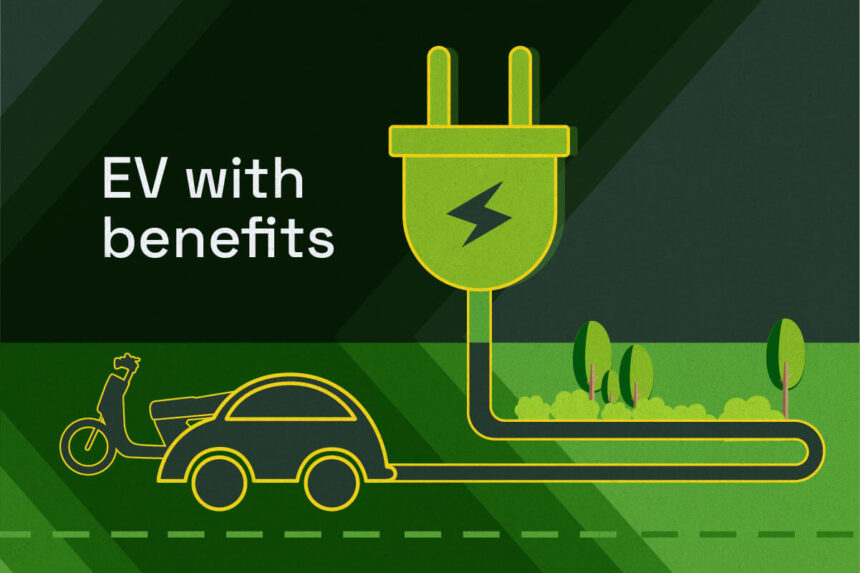As the globe shifts to more environmentally friendly energy sources hydrogen fuel cells have attracted a lot of interest. Hybrid fuel cells praised for their ability to produce energy that is both efficient and clean have the potential to be a major force in our future. But there are a number of issues that they also have to deal with. To comprehend the place of hydrogen fuel cells in our energy system lets examine their advantages and disadvantages.
Hydrogen Fuel Cells:
What Are They?Hydrogen fuel cells are devices that use a chemical reaction with oxygen to transform the chemical energy stored in hydrogen into electrical energy. This process generates heat water and electricity. It is called electrochemical conversion.
Hydrogen fuel cells are made up of the following main parts:
Anode: The location of hydrogen gas supply and proton and electron splitting.
Cathode: This is the point at which protons and electrons combine with oxygen gas to create water. The substance known as the electrolyte facilitates protons transfer from the anode to the cathode. Potential of Fuel Cells for Hydrogen. Numerous benefits make hydrogen fuel cells a desirable choice for a range of applications.
Clean Energy: Compared to fossil fuels hydrogen fuel cells produce no waste other than water. This makes them a sustainable energy source. As a result there is less air pollution and greenhouse gas emissions.
Efficiency: Up to 60% of the energy in hydrogen can be converted into electricity by hydrogen fuel cells making them extremely efficient. Compared to internal combustion engines this is a much higher efficiency.
Versatility: Hydrogen fuel cells have a wide range of uses from supplying backup power for vital infrastructure to powering cars and buildings.
Energy Security: Water natural gas and biomass are just a few of the materials that can be used to produce hydrogen. Energy security is improved and reliance on a single energy source is decreased thanks to this diversification.
Uses for Hydrogen Fuel Cells.
Because of their versatility hydrogen fuel cells can be used in a variety of industries.
Transportation: Vehicles including trucks buses and trains can run on hydrogen fuel cells. In comparison to battery electric vehicles they offer greater range and quicker refueling times.
Stationary Power: Buildings can use fuel cells to generate heat and electricity increasing energy efficiency and lowering emissions.
Portable Power: Quick recharging and extended battery life are provided by small-scale fuel cells which are suitable for use in portable electronic devices like laptops and smartphones.
Hydrogen Fuel Cell Restrictions.
Although hydrogen fuel cells have great potential they need to overcome a few obstacles before being widely used.
Production Costs: At the moment producing hydrogen requires a lot of energy and is costly particularly when electrolysis is used. To cut costs technological advancements and increased production volume are required.
Infrastructure: It will cost a lot of money to build a strong hydrogen infrastructure which includes facilities for production storage and distribution. One of the main obstacles preventing hydrogen fuel cells from being widely used is the current state of the infrastructure.
Storage and Transportation: Because of its low energy density per unit volume hydrogen is difficult to store and move. To solve these problems approaches like compression liquefaction and chemical storage are being investigated.
Energy Source: Although there are a number of ways to produce hydrogen natural gas which releases carbon dioxide into the atmosphere is currently the most widely used technique. Green hydrogen is still in its infancy but is generated from renewable energy sources and is necessary for truly sustainable hydrogen fuel cells.
Hybrid Fuel Cells: The Future.
Hydrogen fuel cells will survive only with sustained investment innovation and research. Acknowledging the potential of hydrogen governments and private enterprises globally are allocating resources towards the advancement and expansion of hydrogen technologies.
Important areas of attention consist of:.
Cutting Production Costs: Green hydrogen production costs can be decreased by utilizing more renewable energy sources and improving electrolysis technology.
Building Infrastructure: To enable the widespread use of hydrogen fuel cells a thorough infrastructure for hydrogen must be developed.
Expanding Storage Options: Hydrogens applicability as a fuel source can be improved by advancements in transportation and storage technologies. Policies and incentives from the government can hasten the adoption of hydrogen fuel cells by encouraging their development deployment and research.
Conclusion.
There is a lot of hope for a clean and sustainable energy future with hydrogen fuel cells. They are essential to the move away from fossil fuels because of their capacity to produce power that is economical adaptable and ecologically friendly. Significant obstacles still need to be overcome though such as expensive production costs infrastructure development and storage options. Hydrogen fuel cells have the potential to be a key component of the energy system that powers our future and contributes to global energy sustainability if these constraints are addressed through ongoing research and development.
Hydrogen fuel cells offer a glimpse into a clean energy future. While there’s work to be done, the potential rewards are significant. By addressing production challenges and infrastructure limitations, hydrogen fuel cells could become a key player in a sustainable energy future.






